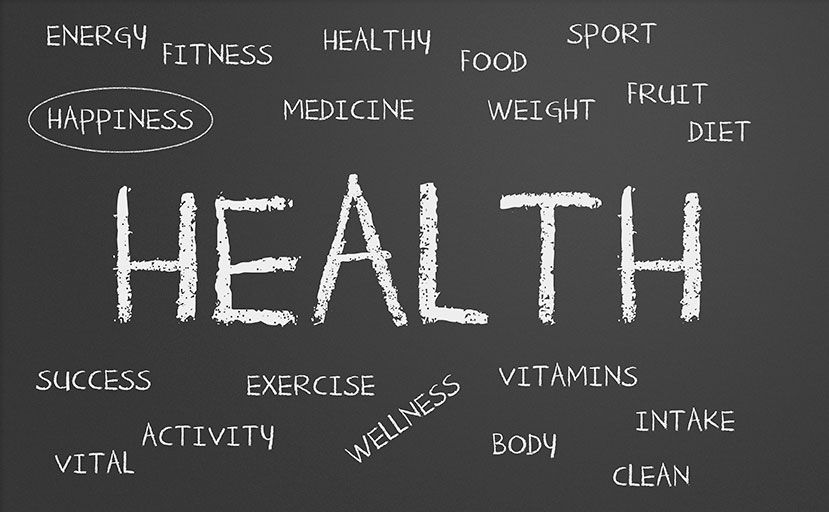
Hello Wellness Enthusiasts!
As temperatures soar, it's crucial to stay hydrated, but not all water is created equal. Many of us rely on tap water for our hydration needs, but did you know that municipal water often contains toxic heavy metals above healthy limits? This is why investing in a good water filter can make a big difference in your health and hydration levels, especially during these hot summer days.
What's in Your Water?
Municipal water supplies are treated to meet safety standards, but they can still contain contaminants. According to the Environmental Working Group (EWG), tap water can contain a cocktail of pollutants, including heavy metals like lead, mercury, and cadmium. These metals can leach into the water from pipes and plumbing fixtures, especially in older buildings. Many cities publish their drinking water quality reports on line. You can find yours by googling drinking water quality report, [insert name of your city]
The Dangers of Heavy Metals
Exposure to heavy metals can have serious health consequences. Lead, for example, is a neurotoxin that can affect brain development in children and cause high blood pressure and kidney damage in adults. Mercury is another dangerous heavy metal that can impair neurological development in fetuses and young children.
The Benefits of Filtered Water
Filtering your water can help reduce your exposure to these harmful contaminants. A high-quality water filter can remove heavy metals, chlorine, and other impurities, ensuring that you have clean, safe water to drink. Not only does filtered water taste better, but it can also improve your overall health and well-being.
Choosing the Right Water Filter
When choosing a water filter, look for one that is certified to remove heavy metals. The NSF International and the Water Quality Association are two organizations that certify water filters for their effectiveness. Consider a filter that uses activated carbon, reverse osmosis, or ion exchange to remove contaminants. If you choose a portable water filter, try one of the filters tested by the Environmental Working Group and shown to remove 100% of tested PFAS (forever chemicals): (the links will take you directly to Amazon)
Zero Water - affordable but filters must be replaced much more often and the reservoir is smaller so you'll have to refill the pitcher more often
Clearly Filtered Water Pitcher - expensive but it removes 100% of PFAS with a large pitcher size but according to the EWG, it can be difficult to install the filter correctly and the water takes much longer to filter through.
Travel Berkey - expensive but it removes 100% of PFAS; non plastic design and the filters last for a long time (more than 8 years at 2 gallons per day according to the EWG)
And even if your municipal water supply is free of chemicals, if your household plumbing contains lead pipes, you may want to test your household water. For more information, check out the EPA Home Water Testing Facts Sheet. There are several inexpensive tests to choose from on Amazon.
How to Tell If You're Hydrated
A simple way to gauge your hydration levels is by the color of your pee. Ideally, your urine should be a pale, straw-like color. Darker urine can indicate dehydration, while completely clear urine might suggest overhydration. Monitoring your urine color is an easy and effective method to ensure you're drinking enough water, especially during hot weather.
Stay Hydrated, Stay Healthy
As the temperatures continue to rise, remember to stay hydrated with clean, filtered water. Investing in a good water filter can help protect you and your family from the dangers of heavy metals and other contaminants in tap water. So, stay cool, stay hydrated, and stay healthy this summer!
Warmly,
Karen
This post may contain affiliate links, which means that I may receive a small commission if you make a purchase using these links.



